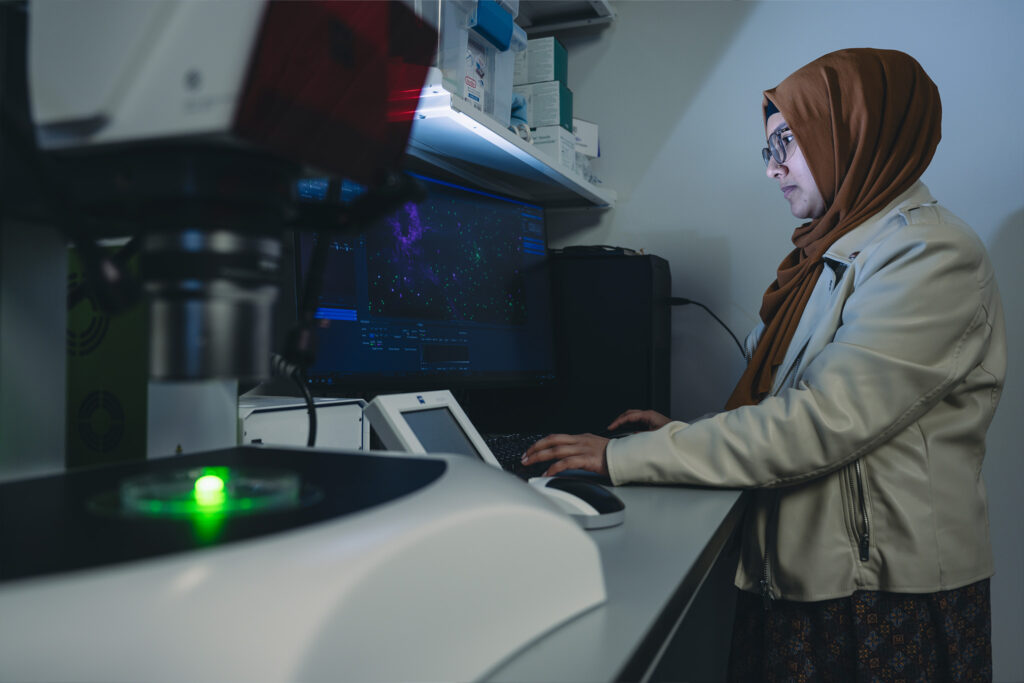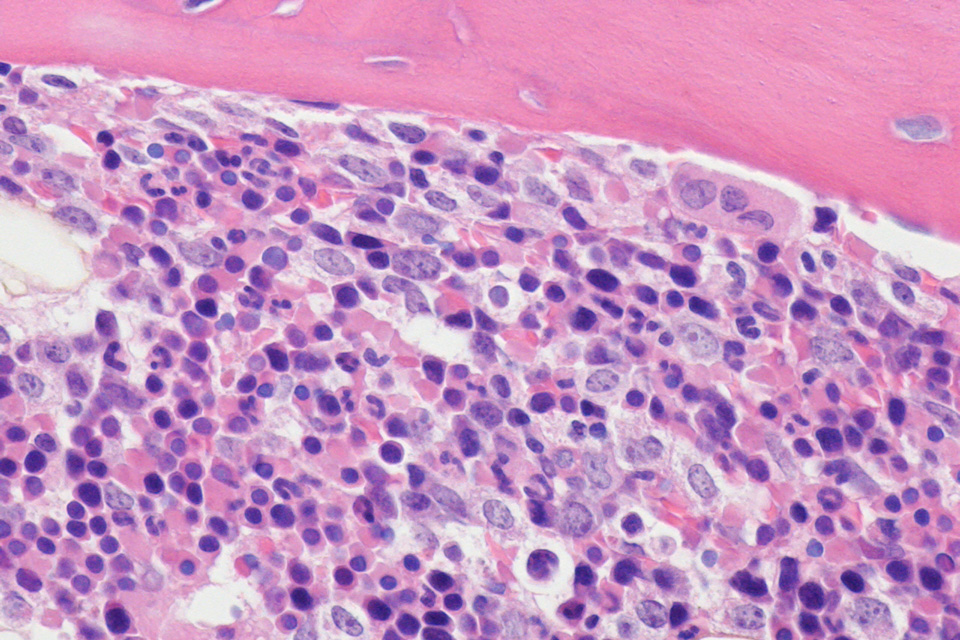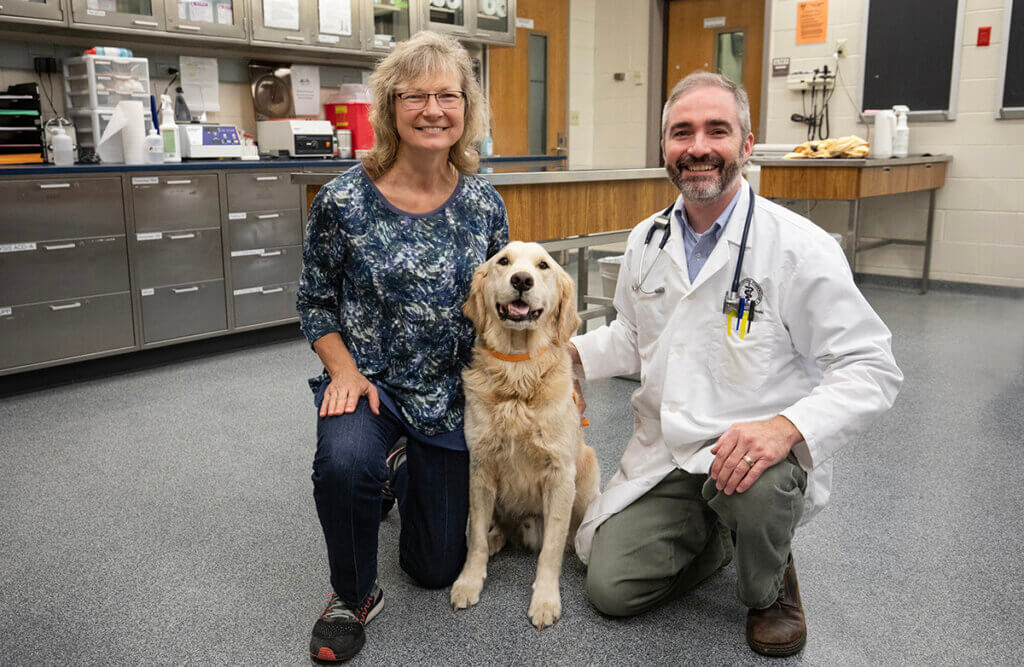
Translational pharmacology
The Translational Pharmacology Facility offers a unique opportunity to provide stress-free sampling from animals (rodents and swine). This approach allows for complete pharmacological evaluation via stress-free sampling for the accurate determination of drug metabolism, food ingredients, drug formulation, and specific biomarkers associated with stress and disease. The facility serves individual investigators, government entities, and private companies. The PTP operates in synergy with Bindley’s Metabolite Profiling Facility for pharmacological analysis of samples collected during the studies.
Animal behavior
The animal behavior core facility, part of the Purdue Institute for Integrative Neuroscience, provides validated behavioral and physiological assays to aid in preclinical research using in vivo models. The core also offers a testing environment for developing novel devices and imaging tools to examine brain and behavior relationships. Using cutting-edge automated technologies, the facility efficiently models a wide range of neurodevelopmental disorders, psychiatric illnesses, neurodegenerative diseases and spinal cord and traumatic brain injuries.


Histology
Purdue’s full-service histology laboratory, supported by the College of Veterinary Medicine, provides general histology, immunohistochemistry, frozen sectioning, decalcified and undecalcified bone histology, and slide digitization services. It also manages a large and small animal necropsy room. The laboratory may collaborate with investigators in the development of new techniques and in the characterization of animal models (e.g. phenotyping of genetically altered mice). Expertise in the processing of bone and implants is available.
MRI
Purdue’s facility for life science magnetic resonance imaging is supported by the College of Health and Human Sciences, housing a 3T Siemens MAGNETOM Prisma MRI scanner. The facility is dedicated to the advancement of basic and applied life science research on the Purdue campus with an emphasis in understanding human health and disease. Examples of current research topics include nutrition, environmental health, psychology, basic brain research, speech, language and auditory disorders, motor disorders, autism, cancer, and neurodegenerative disorders.


Pre-clinical research
Purdue’s pre-clinical research laboratory operates under the Center for Clinical Translational Research. The mission of the lab is to facilitate pre-clinical animal research, particularly of larger laboratory animals, and to create an environment of clinical and translational research learning.
Veterinary clinical trials
Researchers can test the safety and effectiveness of new approaches to healthcare through veterinary clinical trials conducted by faculty of Purdue’s College of Veterinary Medicine. The Veterinary Clinical Trials Support Service, a division of the Center for Clinical Translational Research, helps researchers conduct these trials in the Purdue University Veterinary Hospital.


Transgenic and genome editing
The Transgenic and Genome Editing Facility (TGEF) at the Purdue Institute for Cancer Research offers a wide range of services for the production and support of transgenic and gene-edited mouse and rat research models, which are instrumental in understanding regulatory mechanisms that control development, growth, metabolism, physiology and a variety of human disease conditions, including cancer.